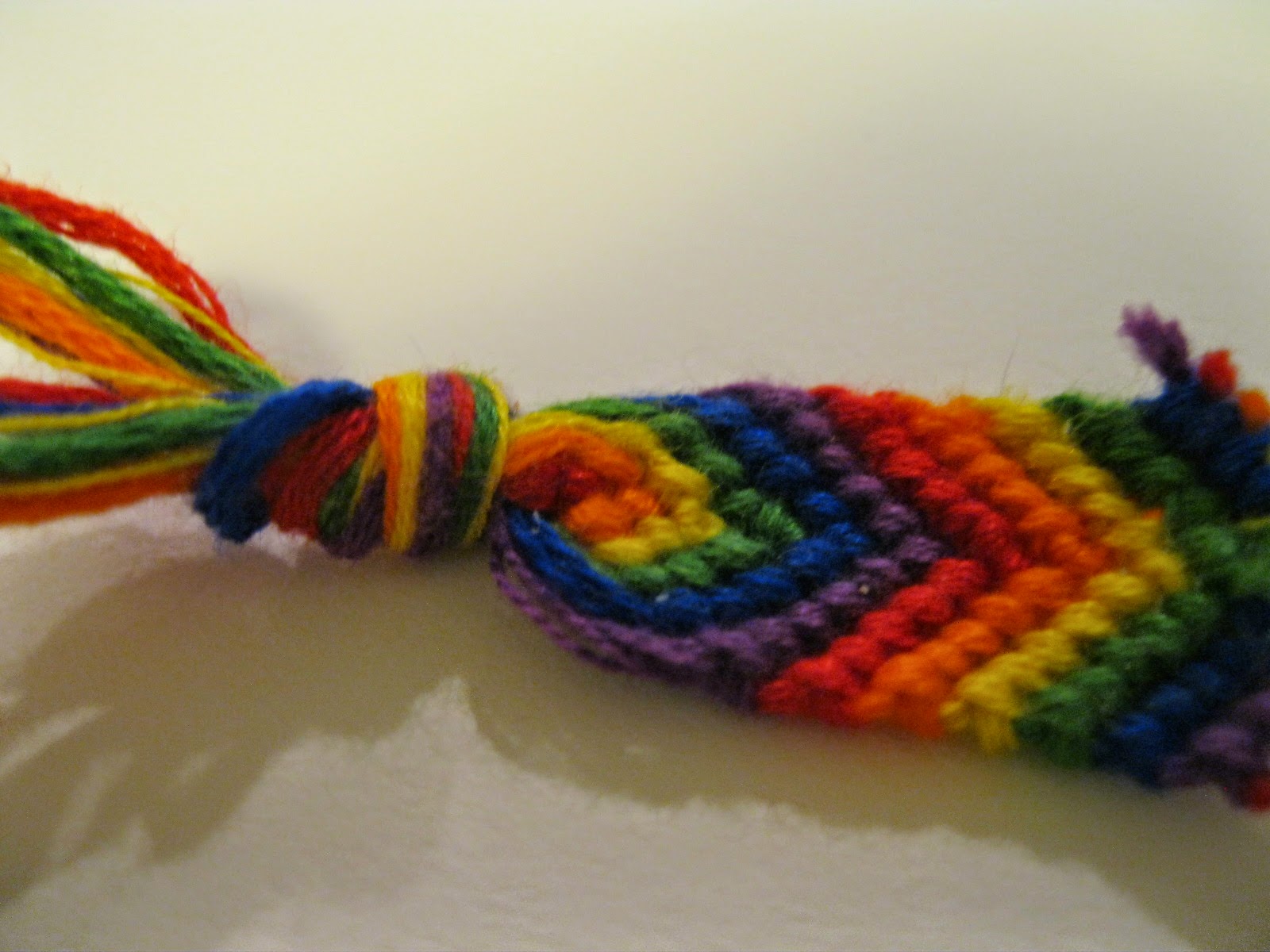Sorry for having been absent. It was a combination of being extremely busy (just not used to a 9-5 job), extremely tired (and a job for extroverts at that), and not actually having anything to write about--I've been focusing on the books I actually need to read for the conference and saving the others for if I have time, and one of the books assigned took me forever to get through out of sheer boredom. As it's not queer art, I'm not giving it a formal review, but finally finishing it felt like a good place to update.
A Change of Climate by Hilary Mantel
This is a book about the illusion of safety and how the long-ago past still affects our present. It jumps back and forth between present day, where Ralph manages a social work trust and his wife, Anna, manages the house and their four children; and different aspects of the past, twenty years ago and more, including Ralph's childhood and adolescence, his and Anna's mission trip to South Africa, where they get caught in a political scandal and deported to Botswana, where tragedy strikes.
A review on the front claims the book has "the tension of a first-rate thriller" (Literary Review), and one on a back says the reviewer was "enthralled to the very end" (Anita Brookner, The Spectator). Not for me. It took more than half the book for any acute tension to develop--neither Botswana nor the troubles in the present occur until the last 150 pages out of 320. Until then, I spent a lot of time wondering why we cared about their past in Africa, much of which is described in a daily-life sort of way. I did appreciate the plotting; it's obvious how Ralph's childhood drives them to Africa, and visible how Africa drives them to their present-day lives. I also liked the wording in places. Interestingly, I actually spent some time in Norwich, England, which is where the bits not in Africa are set, last year, so I recognized the vast majority of the place names.
3/5
Reading checklist:
Actually assigned:
A Change of Climate by Hilary Mantel- City of Refuge by Tom Piazza
- 20 Master Plots and How to Build Them by Ronald B. Tobias
- "The Progress of Love" by Alice Munro
- Queer Ricans: Cultures and Sexualities in the Diaspora by Lawrence La-Fountain-Stokes
- Sirena Selena vestida de pena by Mayra Santos-Febres and Debra Ann Castillo
- Transgender Voices: Beyond Women and Men by Lori B. Girshick and Jamison Green
- Transition: The Story of How I Became a Man by Chaz Bono
- The Lives of Transgender People by Brett Genny Beemyn and Susan R. Rankin
I can't wait to take you all on the conference journey with me!


















